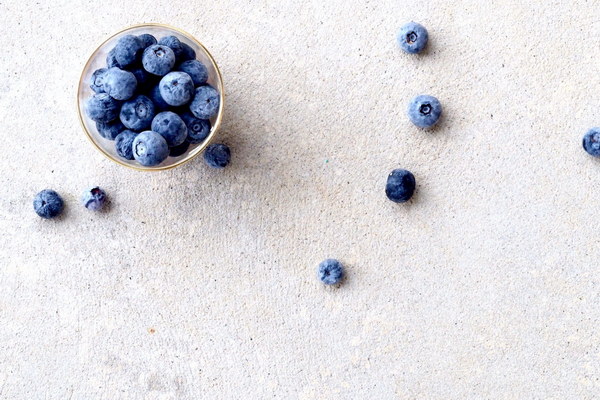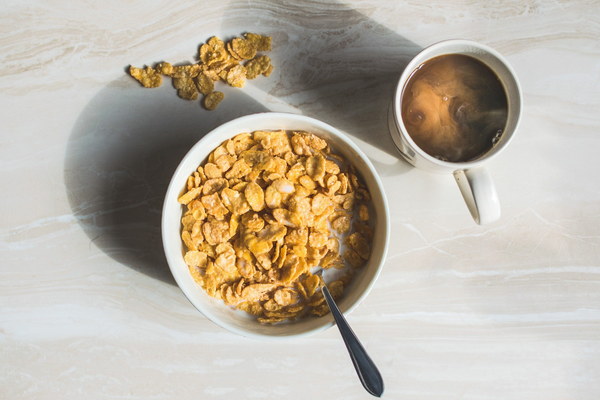Can Eating Black Foods Nourish Your Kidneys A Girls Journey to Discover the Truth
In recent years, there has been a growing trend of people seeking alternative methods to maintain their health. One such method is the consumption of black foods, which is believed to have various health benefits, including kidney nourishment. But can eating black foods really help in improving kidney health? Let's dive into this topic and find out.

As a young girl, I was always curious about the connection between diet and health. I heard from friends and family that consuming black foods could be beneficial for kidney health. But was this just an old wives' tale or was there any scientific evidence to support it?
To get to the bottom of this, I started by researching the properties of black foods and their impact on kidney health. Black foods, such as black beans, black sesame seeds, black soybeans, and black rice, are rich in nutrients like antioxidants, vitamins, and minerals. These nutrients play a crucial role in maintaining overall health, including kidney function.
One of the primary reasons why black foods are believed to be good for the kidneys is their high content of antioxidants. Antioxidants help in neutralizing harmful free radicals in the body, which can cause oxidative stress and damage to the kidneys. By reducing oxidative stress, antioxidants may help in preventing kidney diseases and improving kidney function.
Another reason why black foods are considered beneficial for kidney health is their richness in trace minerals, such as selenium and zinc. Selenium is an essential mineral that helps in protecting the kidneys from oxidative damage, while zinc plays a vital role in maintaining the structure and function of the kidneys. Including black foods in your diet can ensure an adequate intake of these trace minerals, which may help in supporting kidney health.
Furthermore, black foods are often high in fiber, which is another factor that contributes to kidney health. High fiber intake has been linked to a lower risk of kidney disease, as it can help in reducing blood pressure and cholesterol levels, both of which are risk factors for kidney damage. Additionally, fiber can improve digestion and prevent constipation, which can be beneficial for kidney health.
While there is evidence to suggest that black foods can be beneficial for kidney health, it is essential to note that a balanced diet and a healthy lifestyle are crucial for maintaining overall well-being. So, how should one incorporate black foods into their diet?
Here are a few tips to help you enjoy the benefits of black foods:
1. Add black beans to your salads, soups, or stews.
2. Sprinkle black sesame seeds on your yogurt or sprinkle them over a salad.
3. Use black soybeans in your cooking, such as black soybean paste or black soybean sprouts.
4. Incorporate black rice into your meal plan by replacing it with white rice occasionally.
5. Drink black sesame seed tea or black soybean milk as a healthy alternative to regular milk.
In conclusion, while there is no definitive proof that consuming black foods can cure kidney diseases, there is evidence to suggest that they can be a part of a healthy diet that supports kidney health. By including black foods in your diet and maintaining a balanced lifestyle, you can help keep your kidneys healthy and functioning optimally.
Remember, it's always best to consult with a healthcare professional before making significant changes to your diet or starting any new health regimen. So, why not give black foods a try and experience their potential benefits for yourself?









